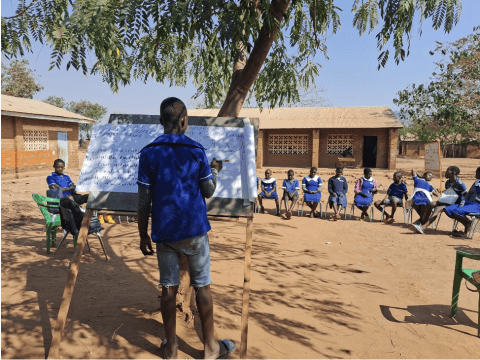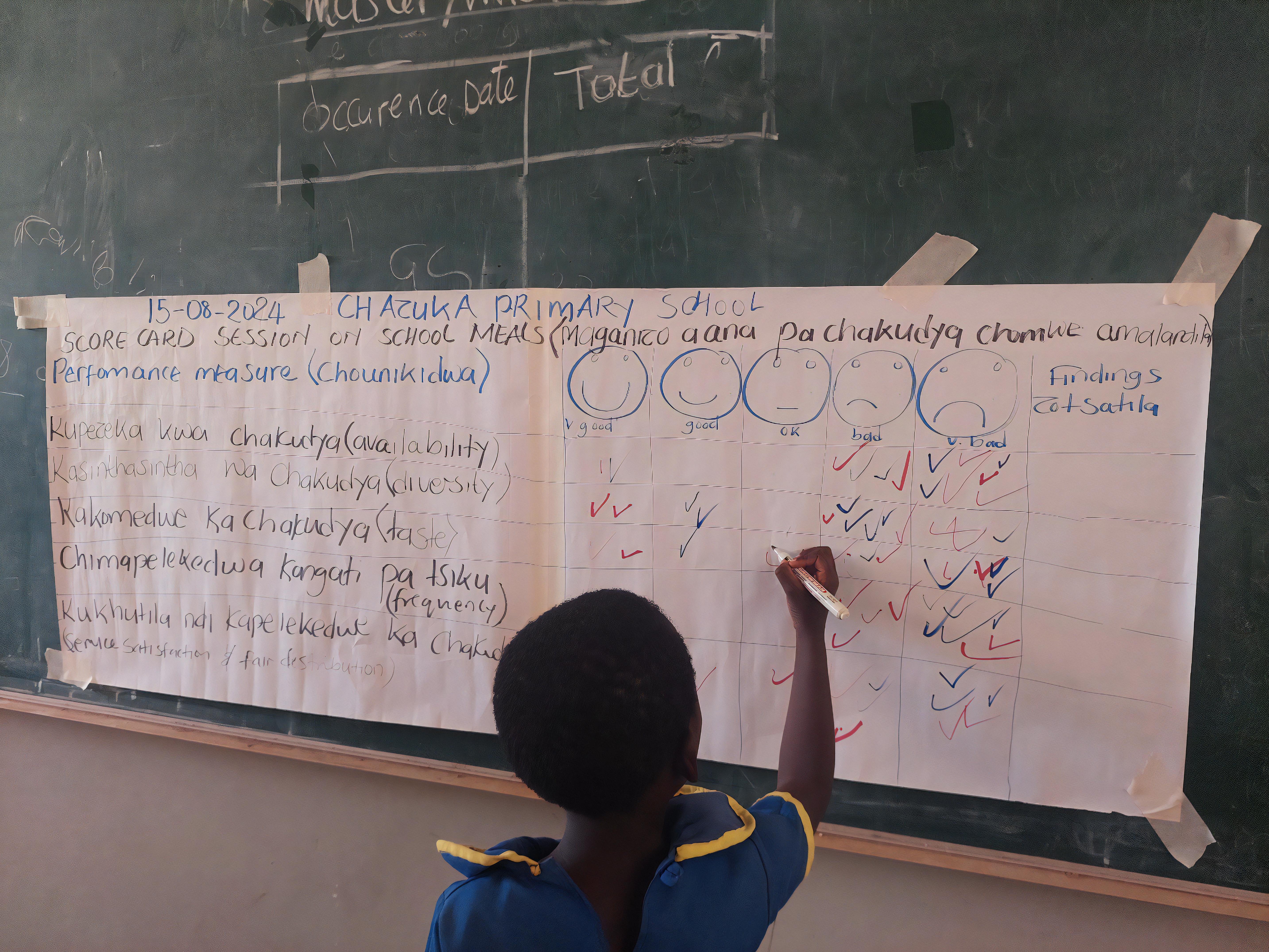From Plates to Policy: Why Listening to Children Is Revolutionising School Feeding Programmes

A pioneering approach in Malawi, Tanzania, CAR, and Sri Lanka is proving that when children speak, school systems listen.
For millions of children, a school meal is a lifeline. But what happens when those children get to decide what’s on the plate? In a bold experiment spanning Malawi, Tanzania, the Central African Republic (CAR), and Sri Lanka, World Vision piloted a child-led evaluation of school feeding programmes, using emoji-based scorecards and narrative discussions to capture feedback on food quality, diversity, and satisfaction.

The results were transformative. In CAR, children’s voices drove reforms that introduced two daily meals, improved food quality, and strengthened community oversight—boosting school attendance by 15% and raising satisfaction from 60% to 85%. In Malawi, community-based childcare centres reported zero cases of malnutrition after launching daily feeding programmes with strong caregiver involvement.
“We need to see children as agents of change and not only recipients of aid. When they evaluate services, programmes become more responsive, equitable, and effective,” says Paul Kinuthia, Senior Director, Food, Cash and Markets, World Vision International.
Across all four countries, children called for more diverse, culturally appropriate menus, better hygiene, and fairer distribution—insights that revealed systemic gaps and sparked practical improvements. The initiative also reinforced community ownership, with parents and volunteers contributing resources and oversight, ensuring sustainability beyond donor cycles.
The implications are profound. Embedding child-led monitoring into national school feeding strategies could transform accountability and innovation at scale. World Vision recommends institutionalising scorecard systems, promoting local sourcing for menu diversity, and positioning school meals as a cross-sectoral development priority—linking nutrition with education, health, and gender equity.
For World Vision, this is a platform for empowerment, resilience, and hope—proving that when children speak, the world should listen.